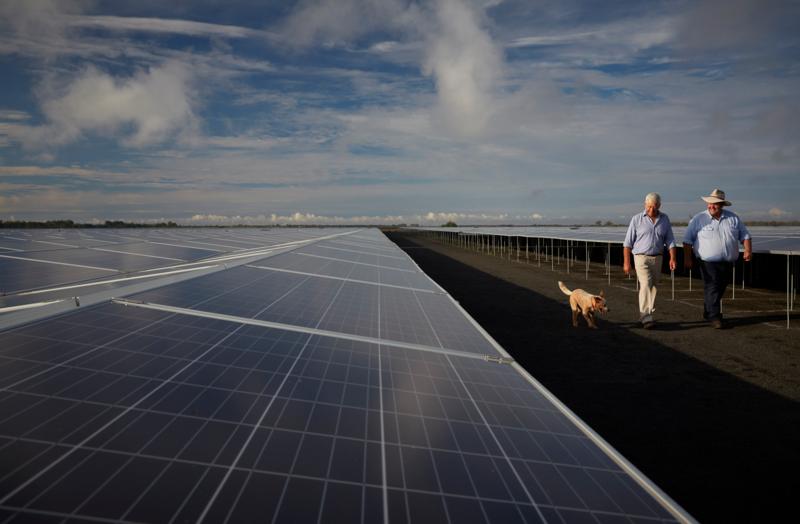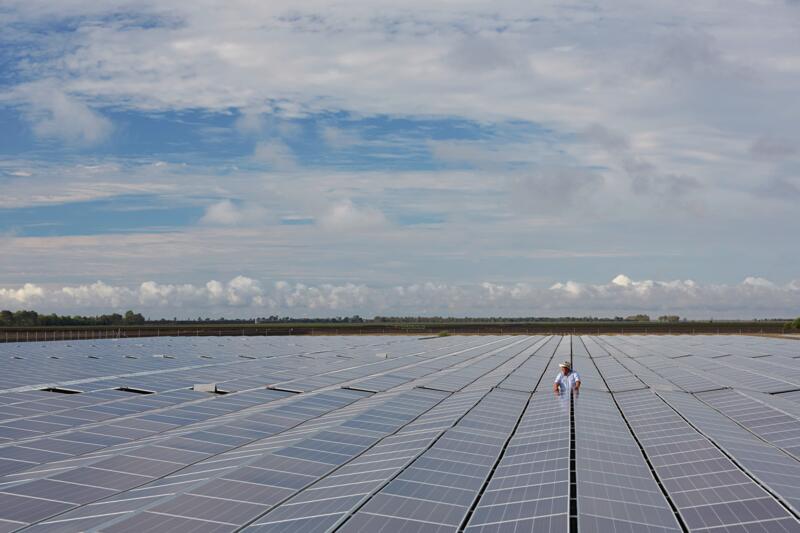DAVID Mailler lives on a 60-hectare property in Uralla in the NSW Northern Tablelands, where he runs a livestock enterprise with his wife Clare. He often recalls a conversation he had with Clare’s 94-year-old grandfather, Alf, who was a mixed farmer near Toowoomba in Queensland.
“Alf started his farming career with horses and ploughs, then bought his first single-cylinder tractor in the 1940s,” says David. “After persevering with the tractor for a year or so, he sold it and bought back his horses.
“The funny thing is that while he was telling me this, we were sitting in a new rubber-tracked Challenger tractor that’s GPS guided and has three computers under the dash. That mechanisation, that evolution and revolution in agriculture, has all happened within just a few short generations.”
RELATED ARTICLES:
Retired farmers share generations of wisdom
Three of the best new Australian tech innovations
Being on the edge of agricultural innovation runs in David’s family, which is why he has an interest in NSW Farmers’ Ag Science Committee. His father Michael studied rural science at the University of New England when the subject was in its infancy.
 David and his father Michael Mailler with dog Matilda at the Chillamurra solar farm, which powers approximately 2,500 homes in the area.
David and his father Michael Mailler with dog Matilda at the Chillamurra solar farm, which powers approximately 2,500 homes in the area.
Solar power adoption rates rise in regional NSW
In 2017, Michael, David and his brothers Robert and Peter developed the award-winning Chillamurra Solar Farm, the largest optimised solar farm in Australia at the time and one of the biggest of its type in the world. They’ve since built three more, two in NSW and one in Queensland, and David is overseeing the construction of a fifth, this time in South Australia.
“I was fortunate to grow up around a powerful group of movers and shakers in the industry,” he says.
“People were doing some pretty innovative things in agriculture at the time, including my father. They were early adopters of innovation on the science of the green revolution. They were always looking ahead to what was possible.”
The Ag Science Committee is similarly focused on the future. Formed nearly two years ago, it tackles practical issues facing farmers, agribusiness and the environment, taking on some of the challenges that come with evolving technologies.
The responsible use of pesticides, carbon farming, genetically modified foods, drones, robotics, information technology, lab-cultured protein, the GPS revolution and the future of precision farming are all on the agenda.
RELATED ARTICLES:
Why solar stacks up for farmers
Improving pasture growth with carbon grazing
Australian mushroom growers innovating with technology
Could Wagga Wagga become the next Silicon Valley?
When will agriculture's robotic revolution arrive?
“What we find is that regulation follows innovation,” says David. “Take lab-cultured protein for example. How do we inform members about what those challenges might be in the trade space? How do we create policy and deal with the regulators involved in that innovation?”
“We want to ensure our members are well represented. We need to be competitive in that space and on the front foot rather than being reactive.”
Climate change challenges farmers to innovate and embrace technology

The Chillamurra solar farm is the second largest of its kind in the world, with a fixed-tilt substructure located 80cm above ground.
David has seen a lot of changes since he started an agricultural career 30-something years ago.
“My father’s generation was progressive in terms of changing farm practices and agronomics,” he says.
“Now declining terms of trade and climate change are leading a new generation of farmers to adopt and adapt new technologies at the forefront of keeping agriculture respectable and profitable.”